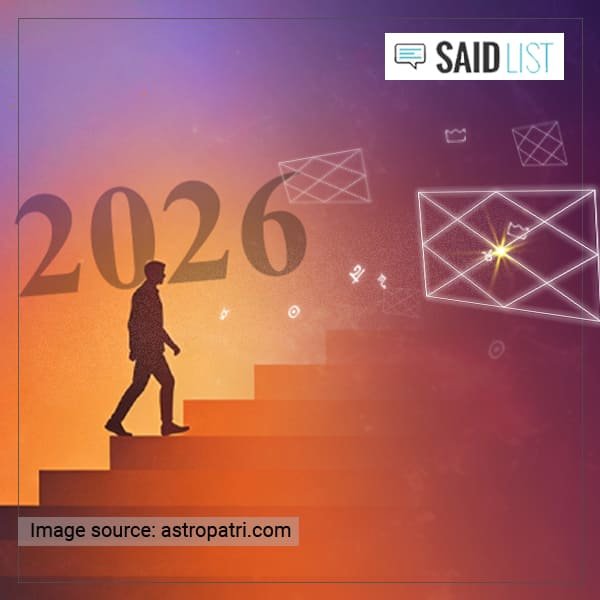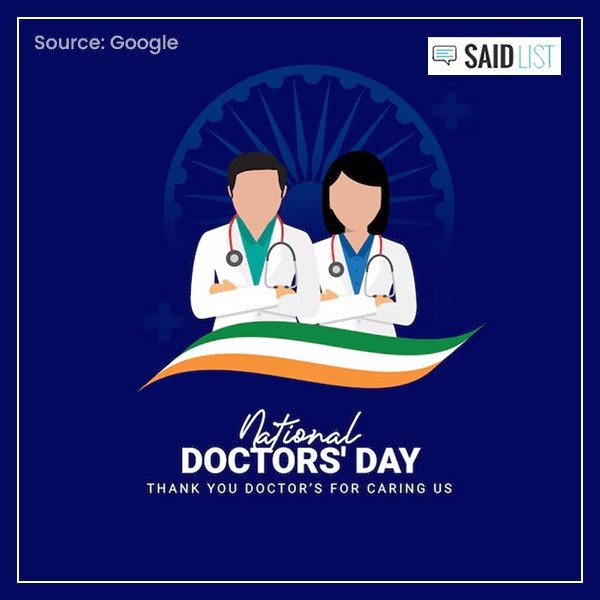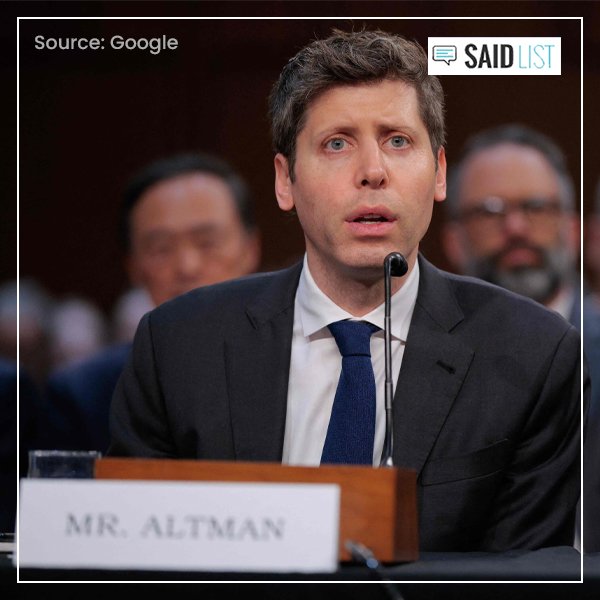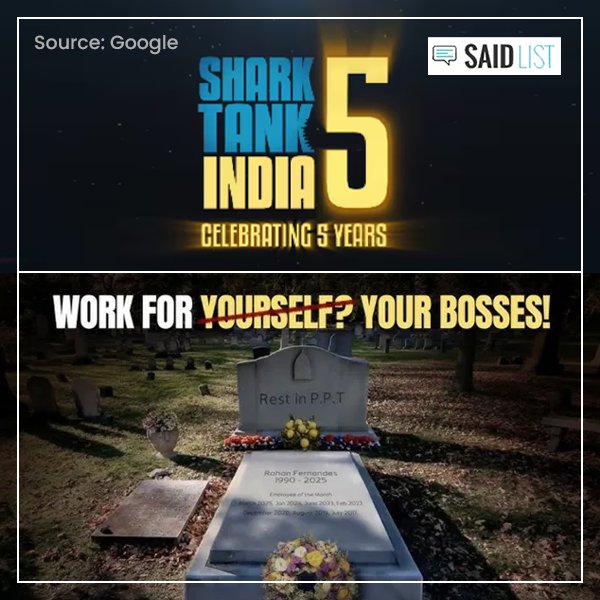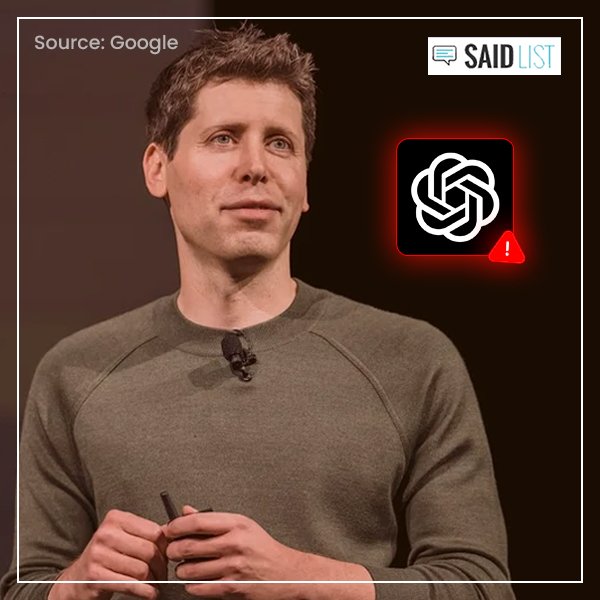The rise of generative AI tools like ChatGPT has changed the way we work, learn, and even think. From instant essay generation to detailed coding help, AI offers a kind of digital magic at our fingertips. But what if this convenience comes at a cost?
A recent study from the MIT Media Lab, led by researcher Nataliya Kosmyna, sheds new light on this question. According to their findings, prolonged use of ChatGPT could be weakening users’ ability to think critically, recall information, and engage deeply with learning tasks—especially among younger adults.
Is this just fear-mongering in the age of innovation? Or a wake-up call in an emergency before we inundate AI into all the corners of our thought?
Let’s look at what the study found—and what it implies for the future of thinking and learning.
The Study at a Glance
MIT’s research took several months and comprised 54 people between 18 to 39 years of age from the population in Boston. The goal? To understand how different digital tools impact learning, memory, and neural activity.
Participants were divided into three groups:
- One used ChatGPT to complete SAT-style essays
- One used Google Search
- One used no digital assistance at all
The results were eye-opening.
Lowest Brain Engagement in ChatGPT Users
Using EEG scans to track brain activity across 32 regions, researchers discovered that ChatGPT users exhibited the lowest levels of brain engagement. This wasn’t just about typing speed or grammar—this was about how deeply their brains were working during the task.
According to Kosmyna and her team, participants using ChatGPT “consistently underperformed at neural, linguistic, and behavioral levels.” Over time, these users became increasingly passive, often resorting to simple copy-paste methods. They didn’t engage with the material. They just completed the task.
That distinction—completion vs. comprehension—is at the heart of this debate.
Memory? Also Compromised
After the initial essays were completed, participants were asked to revise one of their earlier drafts—without any tool assistance this time. This second phase tested memory retention, engagement, and editing skills.
Again, ChatGPT users fell behind.
They struggled to recall their previous work. EEG scans showed lower brainwave activity, particularly in bands associated with memory consolidation and semantic processing. Kosmyna put it simply: “You didn’t integrate any of it into your memory networks.”
In short, they got the job done—but didn’t learn much from it.
Google Search Users Performed Better
Interestingly, the Google Search group fared far better.
Even though they had help, it wasn’t “answer-ready” help. They had to navigate sources, evaluate content, and actively piece together information. This process engaged multiple regions of the brain—especially those tied to curiosity, reasoning, and cognitive flexibility.
They not only remembered their content better but also reported higher satisfaction and ownership over their essays. This suggests that tools which support—but don’t replace—our thinking may actually foster deeper learning.
The “Brain-Only” Group Shined Brightest
As anticipated, the group that wrote essays without accessing any computer facilities showed the greatest brain activity.
Particularly, they detected more intense signals in the alpha, theta, and delta bands—related to creative thinking, long-term memory, and language processing.
But most significantly, they claimed to feel a stronger emotional connection to the work. They were more curious, more reflective, and more proud of what they had produced. When later given access to ChatGPT for revisions, this group actually used the tool to enhance their ideas—not replace them.
This suggests that AI might be best used after original thinking has taken place, not in place of it.
Why This Study Matters Now?
Although the MIT research remains to be peer-reviewed and was comparatively limited in size, it resonates with more widespread anxieties already surfacing in the education and technology sectors.
Lead researcher Kosmyna didn’t wait for publication to go public. Her urgency is clear: “I am afraid in 6–8 months, some policymaker will decide, ‘let’s do GPT kindergarten.’ I think that would be absolutely bad and detrimental.”
She thinks developing brains are particularly vulnerable—and she is not alone. Certain experts now caution that excessive use of AI in infancy could interfere with normal trends of learning, reduce attention span, and mute the ability to think critically.
Generative AI and Loneliness
Interestingly, this isn’t the first MIT study to warn about the overall psychological effect of ChatGPT. Previous studies have revealed correlations between long-term exposure to AI and increasing loneliness, especially in individuals who use chatbots as an emotional crutch or as friends.
The more emotionally smart the AI becomes, the less differentiation between support and substitution. Are we paying to get things done, yet also to think and relate?
How Should We Use AI, Then?
The answer is not to shun or prohibit AI—but to re-imagine how and when we use it.
Some takeaways are here:
- Utilize ChatGPT after some ideation, and not prior. Get your brain to do the hard work first.
- Use AI as a co-pilot and not the pilot. Employ it to filter and enhance, and not substitute.
- Steer clear of passive consumption (e.g., copy-paste or blind acceptance of results).
- Develop conscious digital literacy in schools and offices.
- Educate students on what sets searching, thinking, and making apart.
ChatGPT and similar products have the potential to boost productivity, creativity, and concision when used judiciously. But as a replacement, they can gradually nibble away at the very skills we must have in a technology-reliant world.
Final Thoughts
This MIT study isn’t a death sentence for generative AI—but it is a necessary nudge. It reminds us that the brain, similar to any muscle, must be challenged, worked on, and hurt to accumulate.
If AI gets too smooth, too slick, we will miss the pleasure of wrestling with a stubborn idea, the thrill of bringing something into being all on our own, and the rich connections that are the result of hard cognitive labor.
Let ChatGPT be a tool—not your brain.



